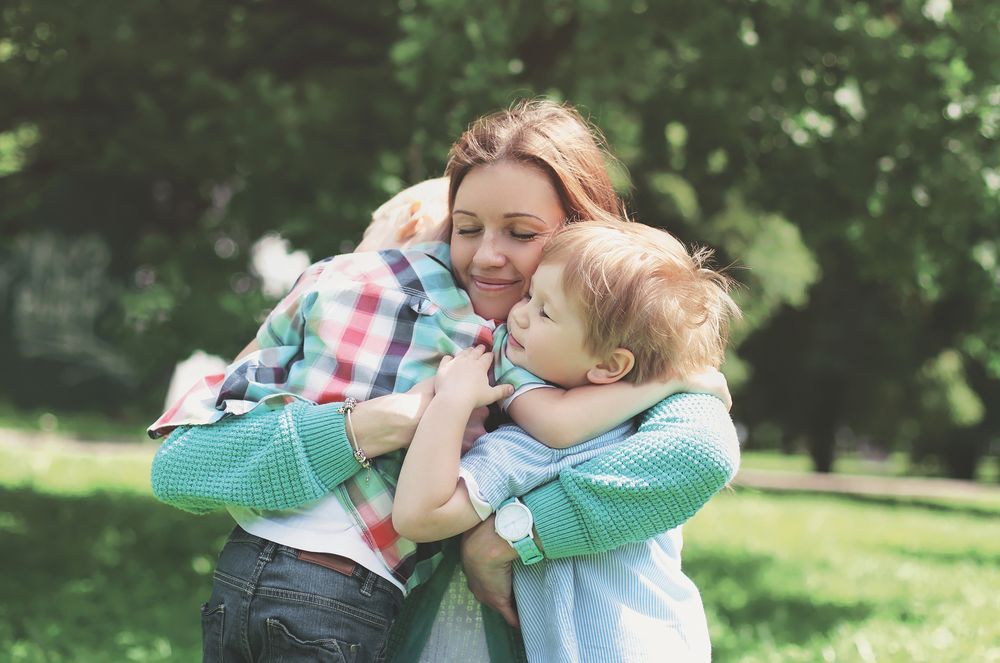There is a lot of information out there on what children need most as they grow, how to raise smart kids, even how to raise successful kids. What about raising happy kids? Happier kids, after all, are more likely to turn into successful, accomplished adults.
The most important thing to [most] parents is their child's well-being. It goes far beyond anything else. It takes precedence over health, finances, anything on the news, caring for their parents, friends, you name it. Parents want the best for their children and their happiness means everything to them.
Your Childs Happiness Depends A Lot On Your Happiness
Psychologists Carolyn and Philip Cowan have done extensive research on parents, children, and family relationships. They found that when parents are happy, they are more likely to have happy children. Likewise, Christine Carter, author of Raising Happiness, says emotional problems in parents are linked to emotional problems in their children. Not only that, when parents aren't happy, they are less effective at their job of being a parent.
Help In Building Healthy Relationships
Zero To Three says through relationships, children discover who they are and learn to understand others. When young children are able to experience helping, understanding, and enjoying people, they look at the world with enthusiasm and happiness. It fosters growth from within to naturally be a good and caring person.
Keep Your Child Grounded
Not in trouble grounded, feet firmly on the ground, grounded. One of the best things parents can do for their children to ensure their happiness is to keep things realistic. Giving in to consistent short-term happiness; giving them everything they want when they want it, teaches them to expect that. Unfortunately, that is not the way the world works. On top of that, they will only grow to want more and more.
Bonnie Harris, former founder of Core Parenting, in Peterborough, New Hampshire, and author of When Your Kids Push Your Buttons: And What You Can Do About It, says parents who feel responsible for their kids' emotions have great difficulty allowing them to experience anger, sadness, or frustration. Swooping in immediately to give them whatever they think will make them happy or solve a problem doesn't teach them how to resolve conflict on their own. What happens when parents aren't there to save the day?
Once parents accept that they are not responsible for fixing everything for their child, which can be very challenging, they are able to stop and watch as their child then develops their own coping skills and manages their own feelings. This will be such an important tool for future happiness.
Give Them Time
Time with parents, real quality time, helps children feel secure, calm and loved. That all leads to happiness. When days are broken down, between all the different things parents are responsible for, and all the different things children might have to do, it doesn't always leave a lot of one-on-one time. For parents with multiple kids, this might be an even bigger issue.
Rest assured that this doesn't need to be hours of quality time each day. Maybe at bedtime, the parent reads a chapter or two from a good book they both enjoy. It's an opportunity for the parent and child to connect physically, and to have a soothing end to the day, says Healthline.
Teach Gratitude
A study done by The Journal of Happiness Studies shows that gratitude is linked to happiness in children by age 5. That means instilling gratitude in children at a young age might help them grow up to be happier people. Plus, parents who model gratitude, and practice gratitude, are happier parents, so it's a benefit to all involved.
Sources: Carolyn and Philip Cowan, Christine Carter, Zero To Three, Bonnie Harris, Healthline, The Journal of Happiness Studies
.






